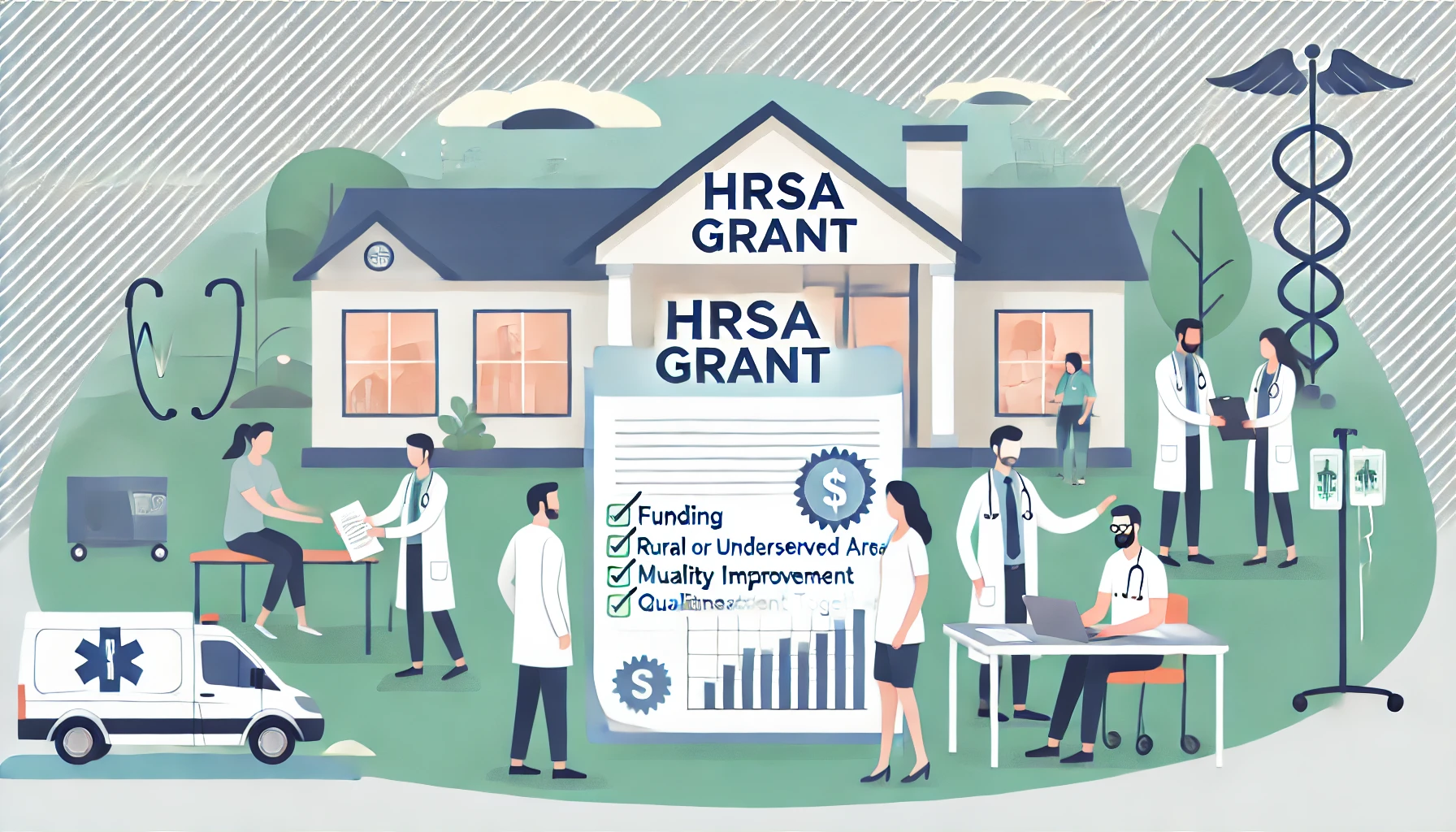
Table of Contents

Revolutionizing Healthcare: 12 Ways AI is Transforming the Industry
AI is revolutionizing healthcare, enhancing diagnostics, drug development, and efficiency while raising ethical, cost, and equity concerns. Balancing is key!
Revolutionizing Healthcare: 12 Ways AI is Transforming the Industry
As artificial intelligence (AI) continues to make waves across industries, healthcare stands out as a sector that could see monumental changes. From diagnosing diseases to improving operational efficiency, AI is poised to reshape the way healthcare operates. In a detailed exploration by TechTarget, the article "Top 12 Ways Artificial Intelligence Will Impact Healthcare" highlights how this transformative technology is being employed across various aspects of the healthcare landscape. But how much of this hype is justified, and what questions remain unanswered?
12 Promises of AI in Healthcare
The article by TechTarget brings forward twelve key areas where AI is making or expected to make significant contributions. These areas span clinical, operational, and administrative applications, showing the potential of AI to impact nearly every corner of the healthcare industry. Below is a summary of some of these transformative promises, sprinkled with a dash of reflection for context:
1. Enhanced Diagnostics
One of AI's most promising roles is in early and accurate diagnosis of diseases. AI-powered tools are being used to analyze medical images, such as X-rays and MRIs, with speed and precision. For instance, AI can detect conditions like cancer or heart disease in their earliest stages, often outperforming human diagnosticians in specific tasks. As the original article notes, "Deep learning algorithms are helping clinicians identify patterns that may not be apparent to the human eye."
Yet, concerns remain—should we fully trust machines to detect what our human eyes can't? While AI systems can identify patterns, they may also miss contextual factors or rely too heavily on their training data.
2. Accelerating Drug Development
The process of developing new medications traditionally takes years and significant investment, but AI is changing the game. By sifting through vast datasets, AI can identify potential drug candidates more efficiently, cutting both timelines and costs. AI's role in drug discovery isn't speculative; companies like DeepMind and Insilico Medicine are already leveraging these tools with noteworthy success.
However, we must ask: Is speed always beneficial in drug development? Can cutting time impact the thoroughness of safety trials?
3. Aiding Clinical Decision Support
AI-driven decision support systems assist healthcare professionals by providing guidelines or diagnostic recommendations based on vast medical data. By minimizing human error and cognitive overload, these tools help physicians make more informed choices. For example, AI can analyze patient histories, lab results, and genetic profiles to recommend personalized treatment options.
That said, reliance on AI in clinical decision-making raises questions about accountability. If an AI recommendation leads to a suboptimal patient outcome, who is responsible—the doctor or the machine?
4. Optimizing Administrative Tasks
Healthcare's mounting administrative burden has long been a source of inefficiency and frustration. AI tools are now automating repetitive tasks such as medical coding and billing, allowing healthcare workers to focus more on patient care. This not only improves workflows but also reduces human errors in documentation.
Even so, can full automation truly replace human oversight without sacrificing accuracy in every scenario? And how do we handle job displacement in roles traditionally managed by humans?
5. Telemedicine & Virtual Health Assistants
AI-powered chatbots and virtual assistants are being integrated into telemedicine, providing patients with immediate answers to medical queries and even helping schedule appointments. During the COVID-19 pandemic, these virtual tools proved indispensable in managing patient care remotely.
While convenient, some may find this kind of care impersonal. Can a chatbot truly understand the nuances of a patient's emotional state, or will this remain a limitation compared to human interaction?
6. Predictive Analytics for Patient Outcomes
Predictive analytics is another exciting avenue where AI is making strides. By identifying at-risk patients, AI tools empower clinicians to intervene early and prevent deteriorations. For example, monitoring chronic conditions like diabetes or predicting readmission risks falls squarely into this scope.
Yet, this approach heavily depends on data quality. If the data being input is biased or incomplete, could predictability be compromised, potentially causing harm to patients?
The Balancing Act Between Optimism and Reality
While it’s undeniable that AI is transforming healthcare in groundbreaking ways, it’s crucial to address some of the broader challenges that come with this technological leap. TechTarget’s article reminds us that AI is still in its developmental stages for many applications, and reliance on these tools without critical oversight may lead to unintended consequences.
AI's Ethical Concerns
The ethical implications of AI in healthcare cannot be overlooked. Issues of data privacy, algorithmic bias, and equitable access remain key concerns. For example, if an algorithm is trained on datasets primarily from one demographic, it might produce inferior results for others, raising questions of fairness and equality in patient care.
The Cost of Adoption
Though AI promises cost savings in the long term, its initial implementation can be a daunting investment for many healthcare providers. Smaller clinics and rural facilities might struggle to access and afford these advanced tools, potentially deepening healthcare inequities.
The Workforce Conundrum
Will AI complement healthcare workers or replace certain job roles altogether? For example, while AI can streamline documentation tasks, what happens to the jobs of medical coders or administrative staff once these processes are fully automated? Similarly, how do healthcare professionals balance AI assistance with maintaining their expertise and authority in decision-making?
Looking Ahead
The potential of AI in healthcare is vast, and the innovations discussed in TechTarget’s article showcase only the tip of the iceberg. From revolutionizing diagnostics and treatment development to optimizing workflows and improving patient outcomes, the promises of AI are thrilling. However, as with any evolving technology, these developments must be met with careful scrutiny, ethical considerations, and a commitment to equitable implementation.
As AI continues to grow, healthcare stakeholders must strike a balance between enthusiasm for its potential and a tempered understanding of its limitations. Only then can we ensure this technology truly transforms healthcare for the better.

Why Every Hospital Needs a Quality and Patient Safety Program
Every hospital needs a quality and patient safety program to reduce harm, improve care, and foster a culture of accountability.
.png)
.png)

HRSA FQHC Requirements: A Comprehensive Guide for Healthcare Providers
When it comes to federally qualified health center requirements, there’s no shortage of regulations, expectations, and—depending on your perspective—opportunities.
.png)
.png)

Unlocking Funding: A Guide to Health Resources and Services Administration (HRSA) Grants
Use HRSA grants to fund external peer review programs that enhance care quality, reduce bias, and support compliance in health centers.
.png)
.png)



.png)
.png)
.png)






.png)